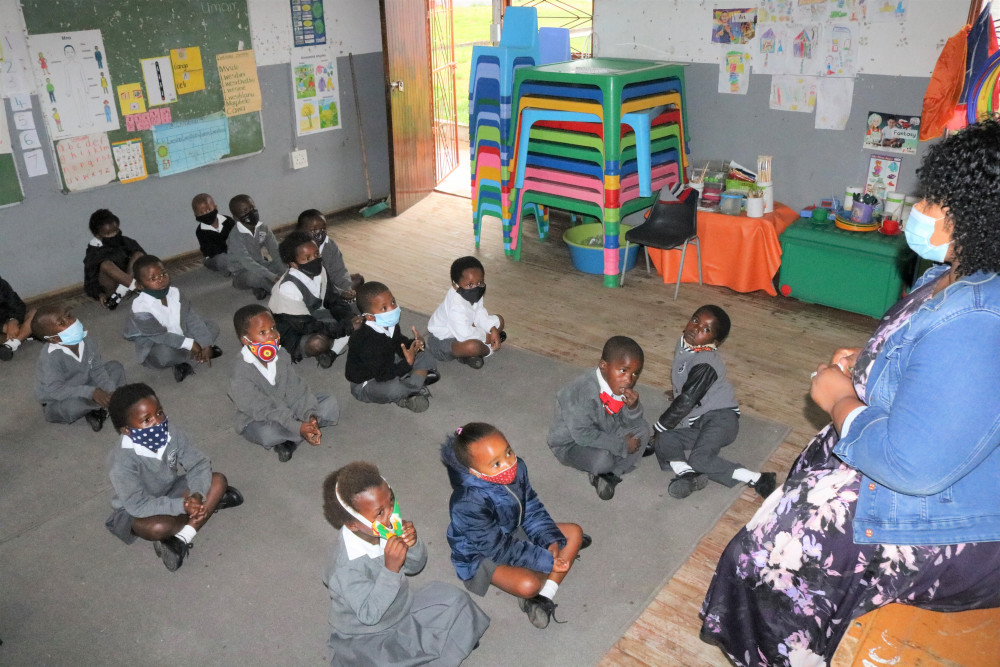R/Teachers

In the bustling landscape of modern education, teachers stand as the architects of intellectual growth, tasked with sculpting young minds into empowered individuals ready to navigate the complexities of the world. However, this noble pursuit often comes with its own set of challenges, from standardized curriculums to diverse learning needs. In the face of these obstacles, the role of a teacher extends far beyond traditional instruction; it becomes a journey of innovation, collaboration, and above all, empowerment.
One of the most profound shifts in educational philosophy in recent years has been the recognition of the importance of fostering creativity in the classroom. In a world that increasingly values innovation and originality, nurturing creativity is not merely an option but a necessity. Teachers are at the forefront of this movement, creating environments that inspire curiosity, experimentation, and independent thinking.
To achieve this, educators are exploring diverse teaching methodologies that go beyond rote memorization and standardized testing. Project-based learning, for instance, encourages students to tackle real-world problems, fostering critical thinking and problem-solving skills in the process. Similarly, inquiry-based learning empowers students to ask questions, conduct research, and draw their own conclusions, thereby instilling a sense of ownership over their learning journey.
However, the journey towards fostering creativity cannot be undertaken in isolation. Collaboration among educators is key to unlocking its full potential. Platforms such as online forums, professional development workshops, and collaborative lesson planning sessions provide avenues for teachers to share ideas, resources, and best practices. By leveraging the collective wisdom of the teaching community, educators can enrich their own pedagogical approaches and inspire one another to push the boundaries of conventional teaching methods.
Moreover, collaboration extends beyond the confines of the school walls. Partnerships with parents, local communities, and industry professionals create opportunities for students to apply their learning in real-world contexts, bridging the gap between theory and practice. By actively involving stakeholders in the educational process, teachers can cultivate a holistic learning experience that extends far beyond the boundaries of the classroom.
Yet, amid the pursuit of creativity and collaboration, it’s crucial not to lose sight of the individual needs of each student. Recognizing and accommodating diverse learning styles, interests, and backgrounds ensures that every child has the opportunity to thrive. Personalized learning approaches empower students to take ownership of their education, tailoring their learning experiences to suit their unique strengths and aspirations.
Conclusion
Empowering teachers to foster creativity and collaboration in the classroom is not merely a lofty ideal but a fundamental imperative for the future of education. By embracing innovation, sharing knowledge, and prioritizing student-centric approaches, educators can create learning environments that not only prepare students for academic success but also equip them with the skills, mindset, and resilience needed to thrive in an ever-changing world. As the torchbearers of knowledge and inspiration, teachers have the power to ignite a passion for learning that illuminates the path towards a brighter future for generations to come.





